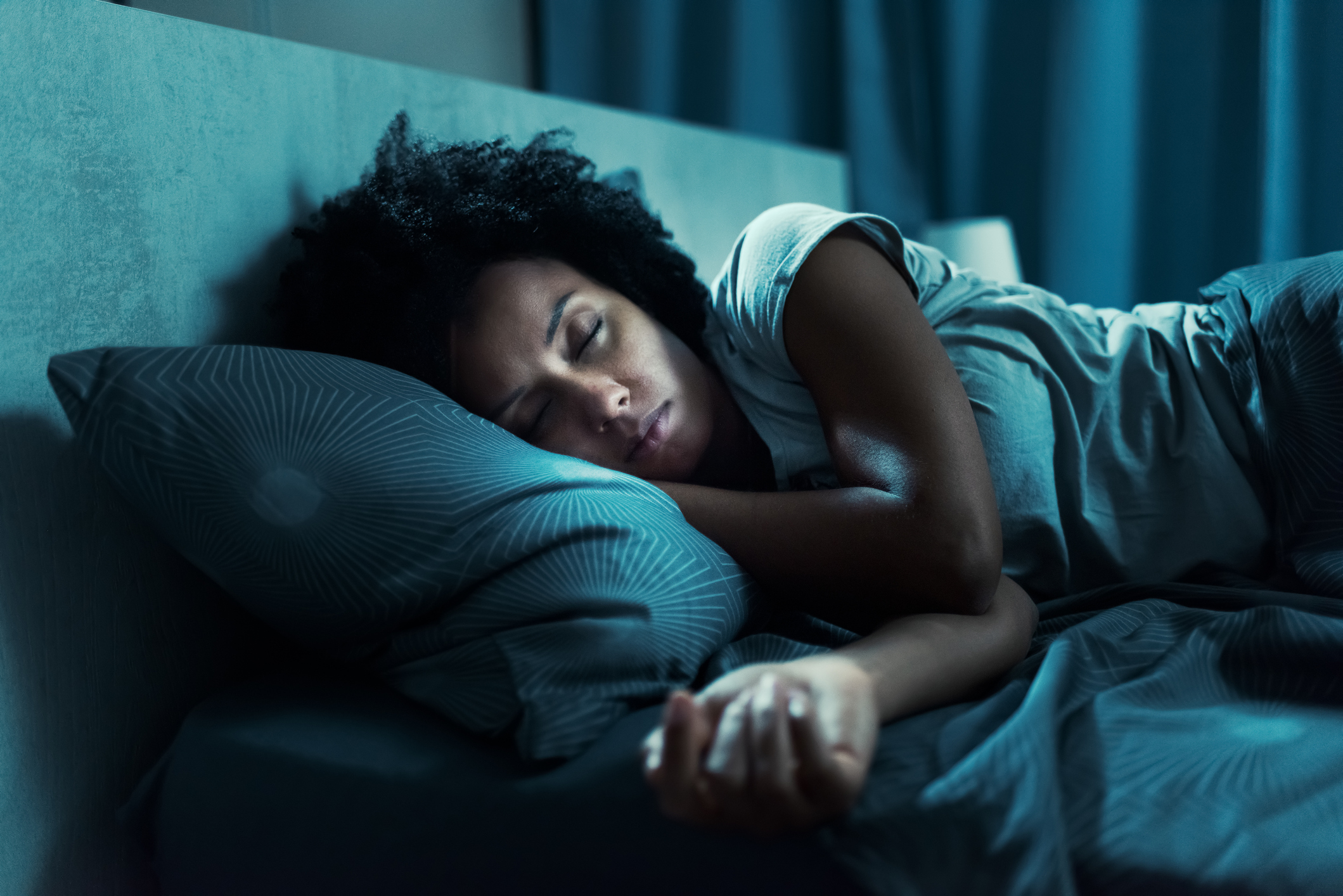Sleep apnea, a common sleep disorder characterized by interruptions in breathing during sleep...
Read More

We all know what it feels like to have a bad night's sleep: feeling groggy, having trouble concentrating and being generally unproductive. Sleep disorders like insomnia can prolong these feelings from a single day to weeks and months. But these symptoms are also common with another lesser-known sleep disorder: hypersomnia.
“Both insomnia and hypersomnia can lead to lost productivity, decreased quality of life and feelings of fatigue and depression,” said Gregory Breen, M.D., Division Chief Pulmonary at Inspira Health. “Both disorders can increase the risk of cognitive dysfunction and accidents. Stress can make the symptoms of both conditions worse.”
Studies have shown that insomnia, a sleep disorder that includes persistent problems falling and staying asleep, is very common—research shows that 10 to 30 percent of the population experiences insomnia. Symptoms of insomnia include:
Hypersomnia is present in 4 to 6 percent of the general population and is defined by excessive sleepiness. Here are common symptoms of hypersomnia:
“If you have hypersomnia, you might fall asleep repeatedly during the day, often at inappropriate times such as at work or during a meal,” said Dr. Breen.
In extreme cases of this disorder, a person with hypersomnia might sleep soundly at night for 12 hours or more but still feel the need to nap during the day. Sleeping and napping may not help, and a person's mind may remain foggy.
To be diagnosed with hypersomnia, a person must:
The management of insomnia and hypersomnia usually follows distinct paths, but those experiencing mild symptoms of either condition may benefit from improving their sleep hygiene.
“Maintaining good sleep hygiene involves following consistent sleep and wake schedules, creating a tranquil and dim sleeping environment, not using electronic devices before bedtime and reserving the bed solely for sleep and intimate activities,” said Dr. Breen.
Treatments for insomnia may include cognitive behavioral therapy (CBT) and medications, however, short-term insomnia symptoms often resolve on their own. Hypersomnia treatment may include stimulants and other drugs designed to increase the feeling of wakefulness.
If you are concerned about your sleeping habits, contact your health care provider. Inspira offers exceptional sleep care to patients across South Jersey. Schedule an appointment with a sleep medicine specialist today.
Inspira Health is a high reliability organization (HRO), which means safety is the top priority for patients and staff. To make an appointment, call 1-800-INSPIRA.

Sleep apnea, a common sleep disorder characterized by interruptions in breathing during sleep...
Read More
Mouth taping is a practice that promotes nasal breathing during sleep, which may improve sleep...
Read More
Waking up in the middle of the night can be frustrating, but picking up your phone or trying to...
Read More